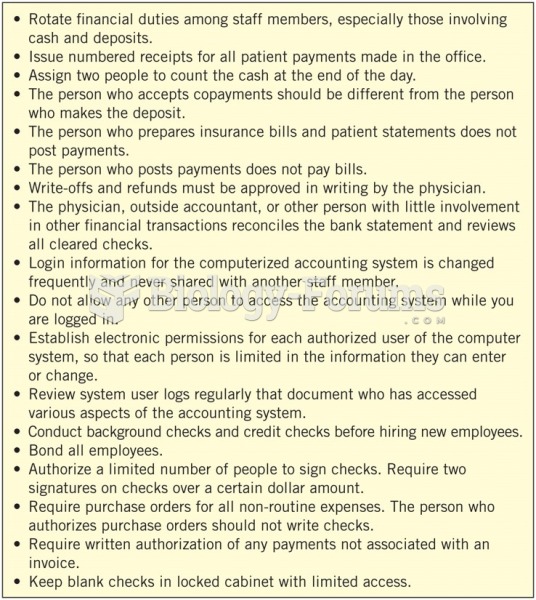Answer to Question 1
Owners have come to realize the value of linking the receipt of realistic
schedules of values or schedules of payments with the release of any periodic payments.
Provisions such as, no progress payments will be made for any work until a satisfactory
schedule of values has been submitted to the Owner's Representative, place considerable
pressure on the contractor to be diligent in preparing a realistic schedule of values. Note
that the submittal of a schedule of values with severe front-end loading on billings could
result in its rejection and a considerable delay in the receipt of the first periodic payment
and possibly subsequent periodic payments. With payments being impacted, the owners
have reasonably good control on the quality of the schedules of values they receive.
Answer to Question 2
The greatest potential for conflict exists with the counting of working days. In
terms of simply counting, there is little difficulty in achieving an almost universal
understanding of calendar days. Working days can have many meanings and they are not
universally employed. Working days may be regarded as all days excluding weekends
and holidays. Even here is a source of disagreement. For example, different holidays may
be recognized. While it is clear that Saturdays and Sundays constitute the weekend, some
owners have the practice of counting these days as working days if construction work is
performed on those days.
The weekdays not involving holidays are generally counted as working days if work is
performed on them. But what constitutes work? The definitions are quite varied. For
example, a day might be considered a working day if a stipulated percent of the
workforce can be put to work. Another might count it as a working day if a stipulated
percent of the work day can be worked. Still another might count it as a working day if
work can be performed on a critical activity. Other variations exist. Even when similar
definitions are used between owners, the specific criteria (the stated percentage of the
workforce or the percentage of the workday) can vary to a great extent.







